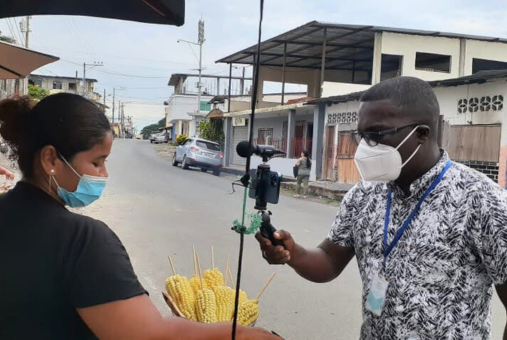
A new report finds many journalists in Ecuador earn below minimum wage. To get by, they juggle side jobs, launch their own media outlets or altogether leave the profession.
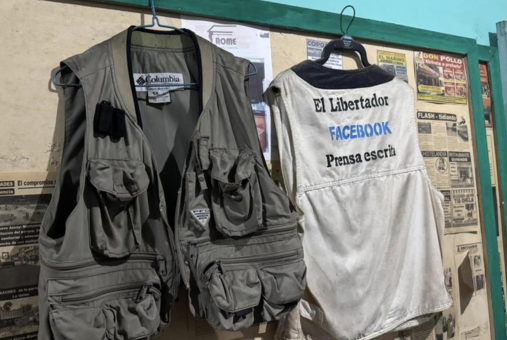
In Ecuador’s northern border region, where journalist Patricio Aguilar was killed last month, violence, precarity, and lack of state protection are driving reporters to self-censor or leave the profession—deepening the region’s vacuum of information.

Digital satire programs, such as Mexico’s “El Pulso de la República” or Colombia’s “La Pulla,” are gaining increasing visibility and having big impacts on public discourse in their countries. They’re also filling the gap in sociopolitical criticism left by traditional media, according to research by Peruvian journalist and academic Paul Alonso.
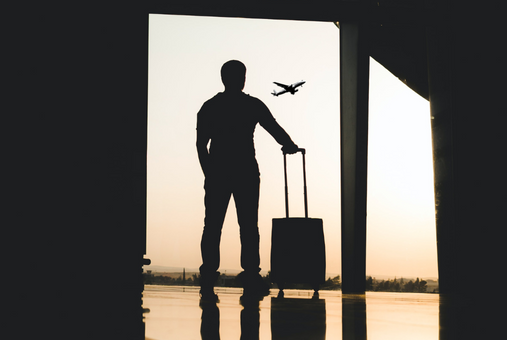
The phenomenon of exiled journalists is not new, according to the UN Rapporteur on freedom of expression, Irene Khan. However, the increase in recent years has caused concern and hence the need for both States and civil society to come together to offer help. Organizations from Latin America join that call.
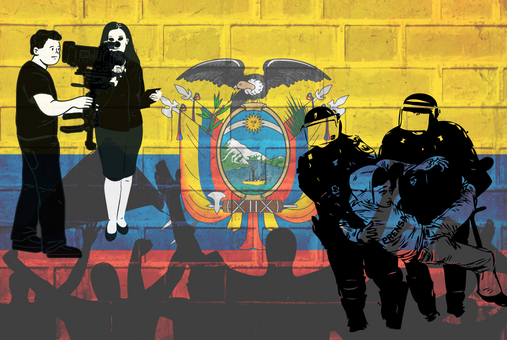
As violence is growing in the country and against the press, in particular, Ecuador has a legally established protection mechanism that does not have resources to be fully functional. The government's recent announcement not to approve resources for this year and the next raised even more alarms about how to improve press security in the country.
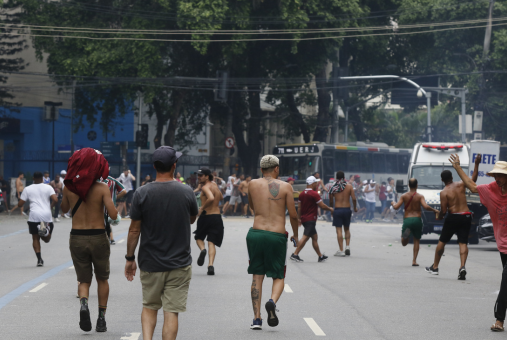
Cases of beatings, attacks and insults from fans against journalists have multiplied in many countries in Latin America. Behind the attacks, there may be new codes of conduct among violent fans and a deep intolerance for difference.

Two months after armed men stormed the studios of TC Televisión in Guayaquil, Ecuador, journalists from the channel have turned to various forms of psychological support. One of them is a new psychosocial support program from Fundamedios based on holistic therapies, resilience techniques and ancestral knowledge.
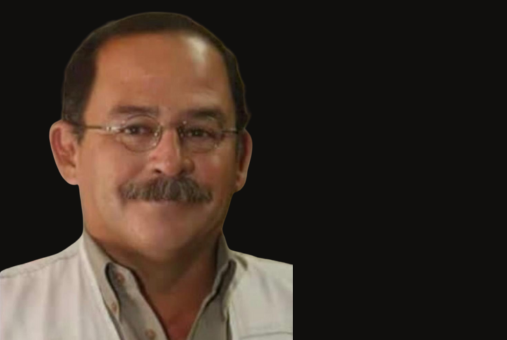
It has been 11 years since Ecuadorian journalist Fausto Valdiviezo was killed. His brother and experts believe that the case has not been solved because of a lack of investigation on the part of authorities because he was a journalist.

According to recent research from Ecuador, journalism in Latin America is a profession with invisible psychosocial risk factors, a situation that was aggravated by the COVID-19 pandemic. The main researcher and four journalists explain how to face this reality in daily work.

A key figure in both Ecuadorian journalism and politics, 'Don Villa' earned his reputation through fearless investigative journalism, opening the way to high-profile convictions that included former President Rafael Correa. His fusion of activism with journalistic rigor drew a spectrum of responses, ranging from admiration to critical scrutiny.

Investigatour Amazonía, an initiative created by Convoca in Peru and replicated by Fundamedios in Ecuador, aims to encourage the training of journalists from Amazon regions. The focus is on data journalism, digital narratives and security so that journalists can develop in-depth stories on environmental conflicts and organized crime suffered by their communities.
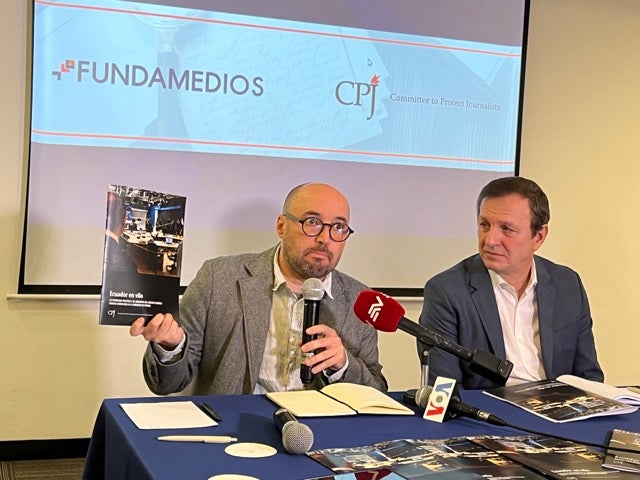
On June 28, the Committee to Protect Journalists presented its report "Ecuador on edge: Political paralysis and spiking crime pose new threats to press freedom," which describes the current crisis facing journalism in the country.